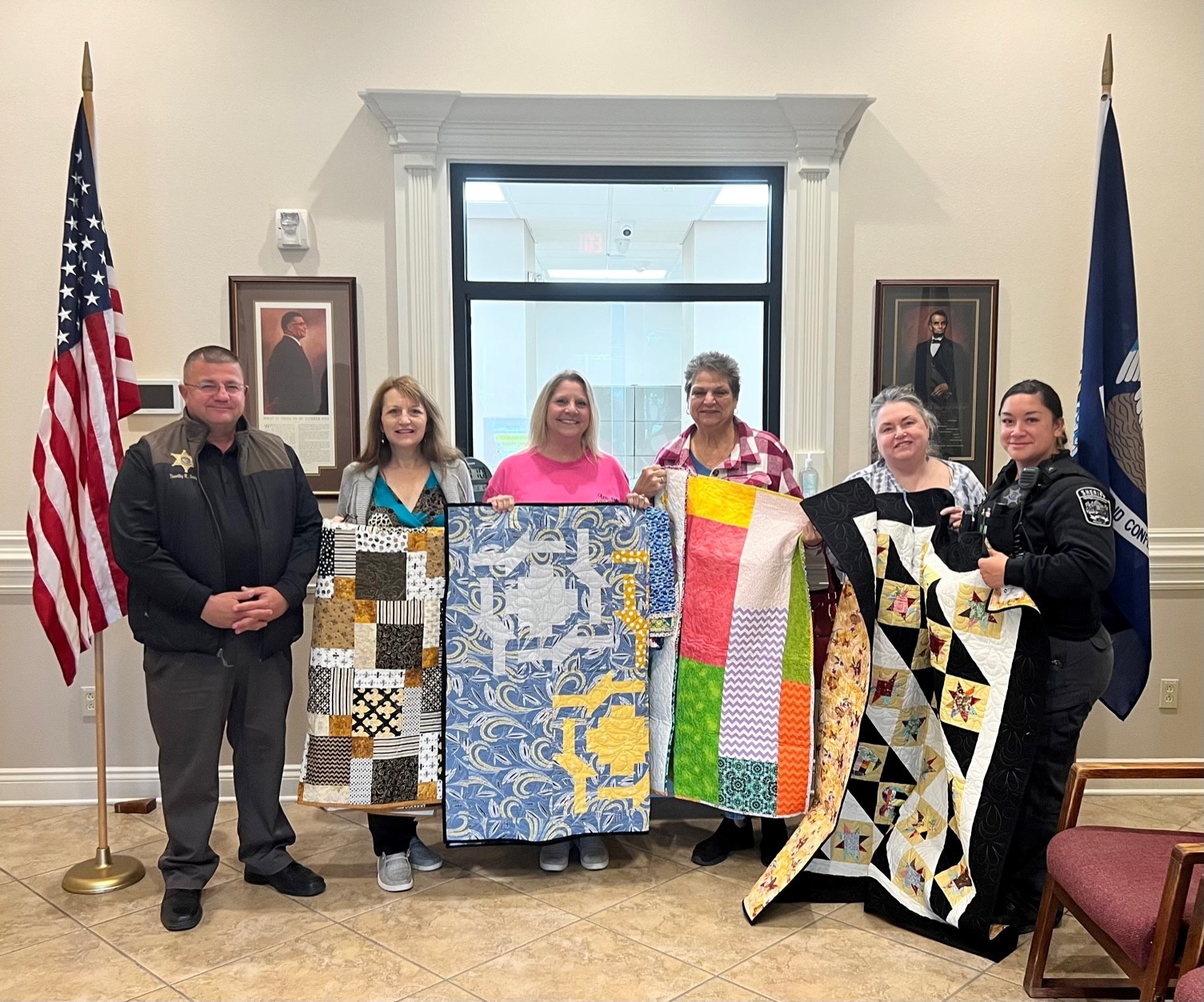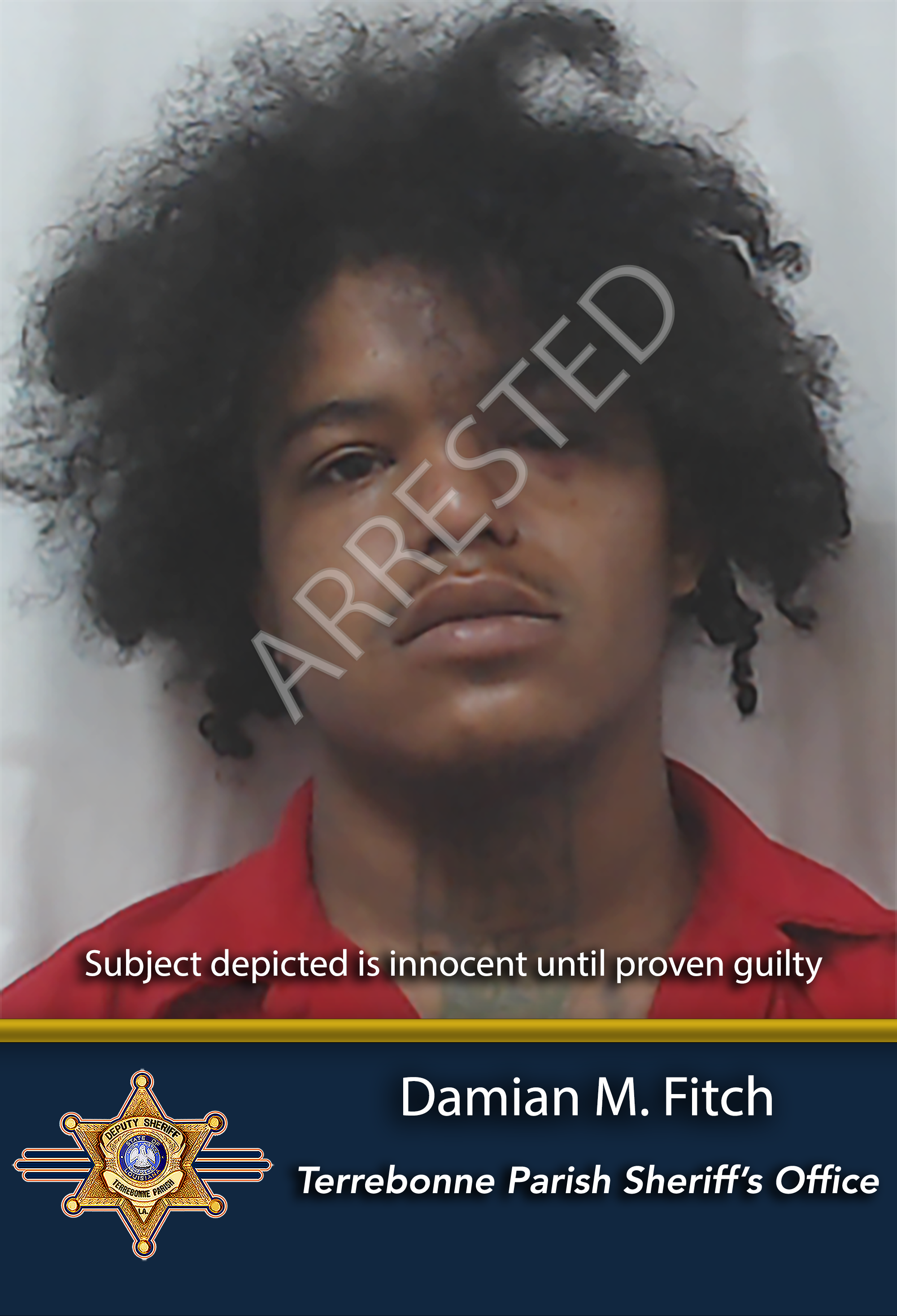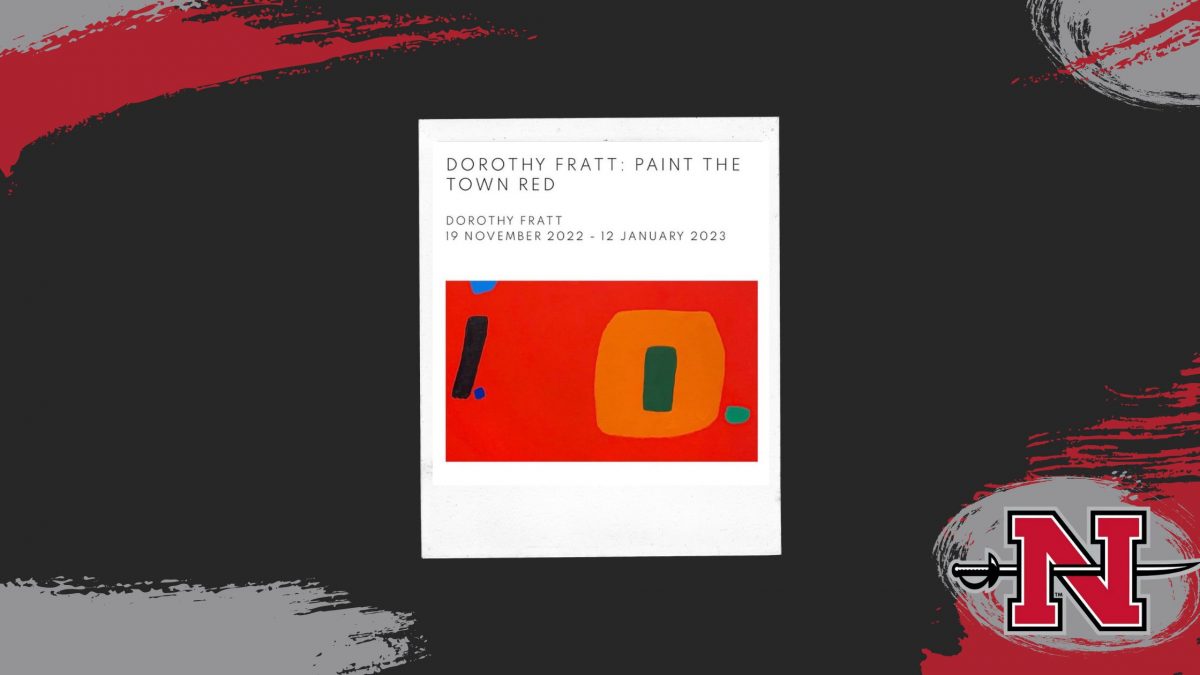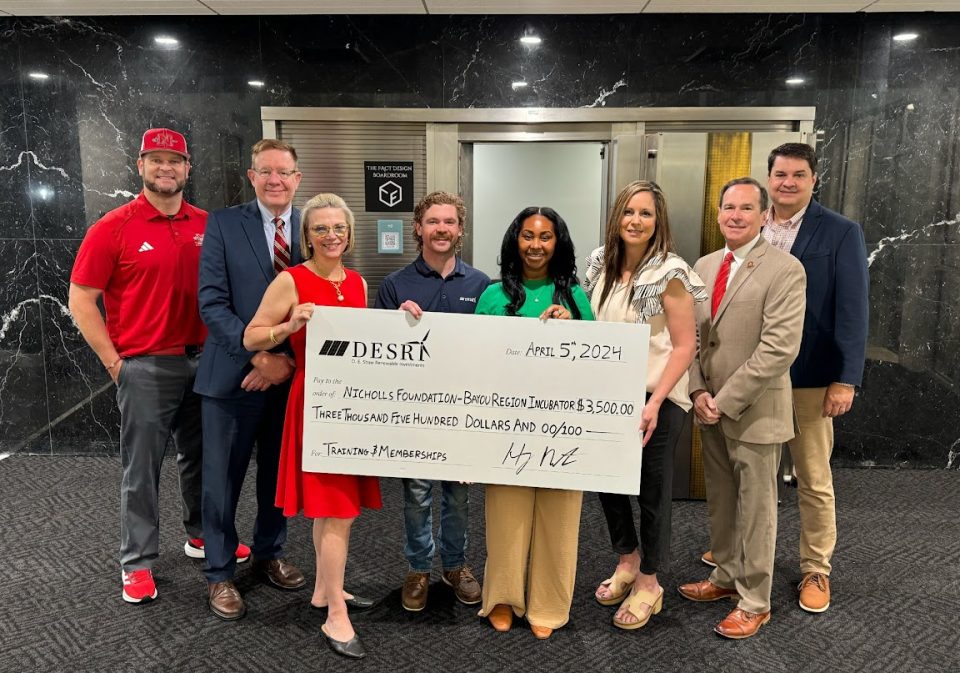
Cane Cutter Quilters creates, donates 63 quilts to Sheriff’s Office
December 6, 2022
Houma man arrested for Attempted Second Degree Murder, along with others
December 6, 2022Dr. Ashley Busby, assistant professor of Art at Nicholls, chaired a panel and presented a paper at the 78th annual Southeast College Art Conference, hosted by the Maryland Institute College of Art, on Oct. 26-29, 2022. Themed “Watershed,” the conference sought to foster thoughtful analyses of the myriad intersections between art, art history, education, and social and environmental justice.
Dr. Busby chaired a panel entitled “Fail Better: Admitting to and Learning from Failures in Teaching.” The panel included contributions from faculty at Austin Peay University, Auburn University, The College of New Jersey, and the University of Mississippi.
She also gave a talk entitled “Washington in the West: Dorothy Fratt, Abstraction, and Arizona.” Her talk was selected for inclusion on a panel entitled “The Washington Color School and its Afterlives” chaired by Dr. Katie Larson from Baylor University and Dr. Jennifer Wester from Notre Dame of Maryland University.
In her panel on issues of failure in teaching, Dr. Busby brought together a diverse panel of art faculty to both discuss and normalize discussions on the role of failure in teachers’ lives. She notes, “By focusing on specific moments of challenge, the panel created a space for dialogue about issues surrounding pedagogy among both panelists and audience members.”
Dr. Busby’s talk on Dorothy Fratt is a continuation of her research on the artist and provided an opportunity to share the work of the artist within the context of the Washington Color School. Fratt began her career in Washington D.C. before relocating to Phoenix, Arizona, in the late 1950s. Her work in subsequent decades is an amalgam of east coast tendencies in abstraction and formal choices related to her new desert surroundings.
In discussing her presentation, Busby has stated, “Like other papers on the panel, this talk sought to expand more limited accounts of D.C. abstraction and recognizes the multiple hurdles faced by a woman artist working as a non-objective painter in a region better known for its cowboy aesthetic.”
Just ahead of SECAC’s October conference, Dr. Lawrence Jenkens from the University of Massachusetts Dartmouth selected Dr. Busby to fill the recently vacated Louisiana State Director seat on the SECAC board. Dr. Busby said, “I am excited to be a part of the board at this time and hope both to assist with decisions about the organization’s future and to provide new opportunities for educators and scholars in Louisiana.”
SECAC is a non-profit organization that promotes the study and practice of the visual arts in higher education on a national basis. Membership includes individuals and institutions from the original group of southeastern states that founded the conference.
Over the decades, however, SECAC has grown to include individual and institutional members from across the United States, becoming the second-largest national organization of its kind. SECAC is an affiliated organization of the national College Art Association and participates in its annual conferences.
Busby is also a co-curator with Dr. Luiz Pazo and essayist for Dorothy Fratt: Paint the Town Red to be held Nov. 19, 2022, through Jan. 12, 2023, at Pazo Fine Art in Kensington, Maryland. This exhibition marks the first solo show of Fratt’s work in the D.C. area since the late 1940s. The exhibition provides a mini-retrospective of Fratt’s career drawing from works in the artist’s estate. A catalog with an essay by Dr. Busby will be published to accompany this exhibition.
Busby first encountered Fratt’s work when she wrote a catalog essay for an exhibition of the artist’s works on paper held at the Ameen Art Gallery on Nicholls’ campus in the Fall of 2019. Since then, she has focused much of her research on the artist, seeking to understand her connections to the larger history of postwar American abstract painting.
In addition to recent U.S. and international exhibitions, Fratt’s work has been included in auctions of postwar art through Christie’s, a world-leading art, luxury, and auction business, alongside the likes of other more well-known women abstractionists of the era including Helen Frankenthaler and Joan Mitchell. Yet, the artist remains largely unknown.
Busby states, “Her history is one all too familiar to those who research women abstractionists: an artist who sought to balance and navigate the challenges of family and career, who found joy in teaching but sometimes sacrificed time that could have otherwise been spent on her own work, and who charted her own course eschewing the prescriptive practices and labels ascribed by major critics of the era.”
To learn more about Nicholls Department of Art, visit https://www.nicholls.edu/art/.







